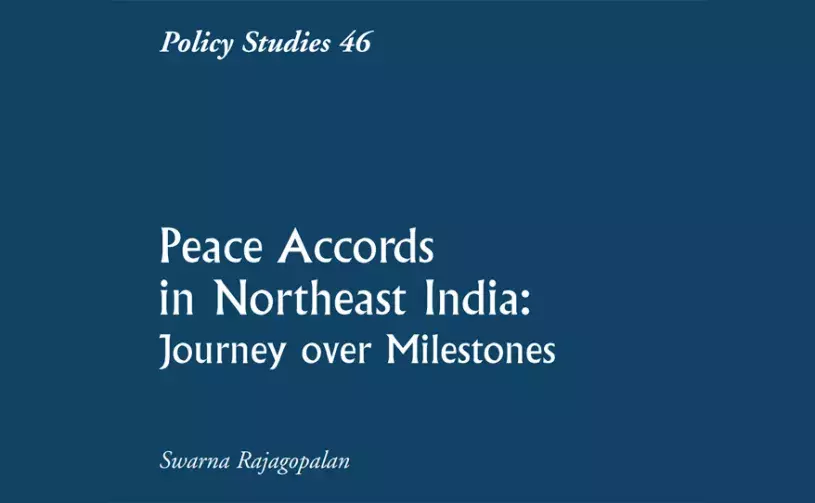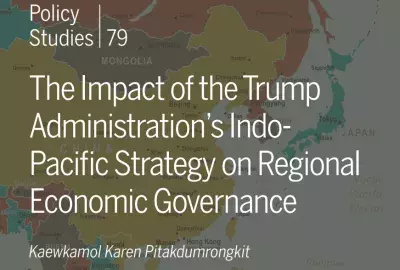Error message

This monograph examines the effectiveness and sustainability of peace accords in Northeast India. A comparative examination of thirteen accords signed in the region between 1949 and 2005 finds that only one--the Mizo Accord of 1986--was successful in creating an enduring peace. Most often, mediators and negotiators have seen a peace accord as an endpoint instead of viewing it as just one part of a peace process. Unfortunately, the accord-making processes in Northeast India have been flawed: preaccord talks have not been inclusive; the provisions agreed upon with one group frequently conflict with the interests of another; accords contain provisions that cannot be implemented; or they do not deal with core issues. Moreover, no responsive and accountable political infrastructure has been created in Northeast India either for conflict resolution or for governance itself. Arguing that holistic peace processes are more important than peace accords on their own, the author argues that to be successful peace processes should contain multiple platforms for dialogue, build civil society's ability to engage in the process, be inclusive and sustained, involve separate pacts for each area of agreement rather than omnibus accords, and imagine nonterritorial solutions. | Additional titles in the Policy Studies series |

This monograph examines the effectiveness and sustainability of peace accords in Northeast India. A comparative examination of thirteen accords signed in the region between 1949 and 2005 finds that only one--the Mizo Accord of 1986--was successful in creating an enduring peace. Most often, mediators and negotiators have seen a peace accord as an endpoint instead of viewing it as just one part of a peace process. Unfortunately, the accord-making processes in Northeast India have been flawed: preaccord talks have not been inclusive; the provisions agreed upon with one group frequently conflict with the interests of another; accords contain provisions that cannot be implemented; or they do not deal with core issues. Moreover, no responsive and accountable political infrastructure has been created in Northeast India either for conflict resolution or for governance itself. Arguing that holistic peace processes are more important than peace accords on their own, the author argues that to be successful peace processes should contain multiple platforms for dialogue, build civil society's ability to engage in the process, be inclusive and sustained, involve separate pacts for each area of agreement rather than omnibus accords, and imagine nonterritorial solutions. | Additional titles in the Policy Studies series |








